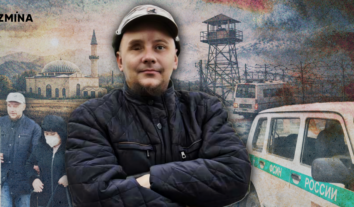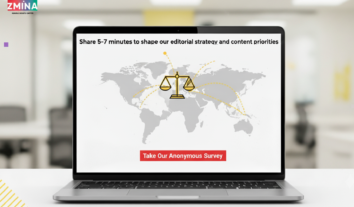Refat Chubarov. ‘Those, who have brought us this pain should disappear, it’s the most important thing’
To experience deportation twice. To believe in the return to the native land twice. To be finally back. When will it happen?
We end to publish the stories of people, who have lost their homes as a result of the conflict in eastern Ukraine and Crimea, as well as of those, who have lent a helping hand in difficult times. Read the recollections of Refat Chubarov.
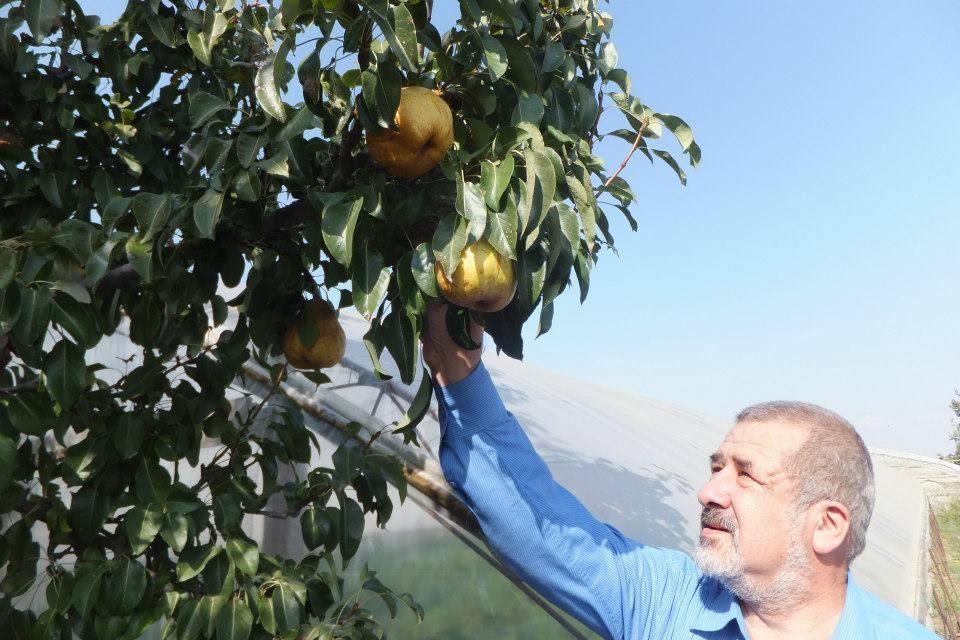
I love the Crimea my mother told me about. My mother managed to find such images so that many things formed in my imagination in Samarkand were confirmed in real life. #One such place, which is the most moving for us all and I succeeded in conveying it to my children, is a rock, it sounds like “a frog rock” in translation. My mother told me when she had seen this frog rock for the first time. She was almost eleven years old when they were being sent away by Studebakers on May 18, 1944. She recalls that when they were moving along a forest valley one of the women started to lament that they would be shot in the forest. At that time, her mother, my grandmother, turned to her children and said: “I’ll show you something interesting.” When I got there a boy of thirteen for the first time, in 1970, I took my younger brother by the hand and we went to see this frog rock. I also love the steppe Crimea, I love the sea and the steppe, when a harsh herbal infusion of August steppe mixes with the sea smell, I think you would say that it is the best land.
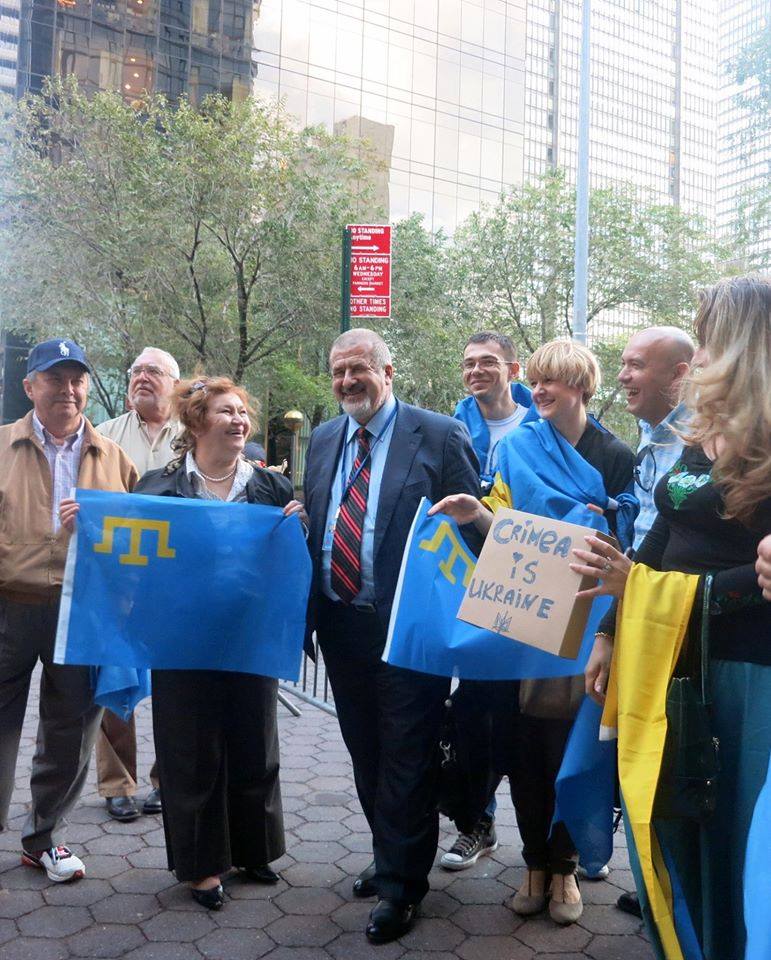
Much can be said what the state should have done over the past 23 years of Ukrainian independence and what was not done. #The majority of Kyiv politicians treated Crimea as the territory, which had the resources they needed to use, starting from electoral resource and ending with the land and its natural wealth. But the most important thing that should have been done was the settlement of the problem of Crimean Tatars as they were considered to be the part of the Crimean community, which was bringing new challenges to Ukraine over past 23 years.
We try to interact with those who have stayed in Crimea as much as possible. For us, it is the question of future of the Crimean Tatars, the future of those who have stayed in Crimea and do not accept things Russia has brought there. All the Crimean Tatars living in Crimea today understand their role, the need to stay on their land, it cannot be left. There were times in the history when we were disconnected from Crimea for many decades, and the task of those who are on the mainland now is to make every effort to help defend people in Crimea. Our opportunities are extremely limited, but we still have some. #It seems to me that not everyone, including officials in the current government, realizes the importance of protection of the people who found themselves in the occupation.
Once I was returning to the hotel in Lviv in the evening. Two ace jeeps stopped by my side and strong guys, businessmen from Crimea jumped out of the cars. “Refat-aga, Refat-aga, we’re so glad that we have seen you. We will come back all together, do not forget that we are now all together, and we will revive Crimea together.” I often recall this picture and the feelings I experienced then. I realize that I can see the new Crimea due to these trials, the pain experienced by people who have stayed in Crimea and were forced to leave Crimea. The most important thing is that those who have brought us this pain should disappear. #I’m talking about those who managed to knock into the heads of millions of Russian citizens their special messianic role, first of all, with respect to Ukraine.
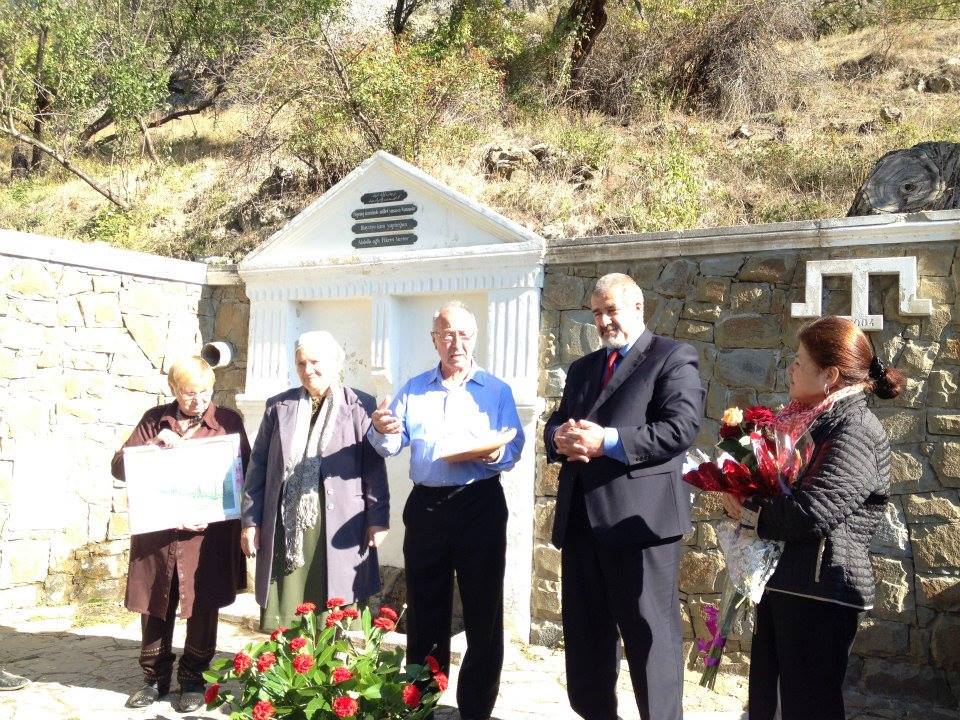
#The main thing is that the state could help the people through the determination of the status of IDPs [internally displaced persons] as much as possible at least in the elementary needs. I understand that the state will not able to help, first of all, with housing. It is necessary to solve the problems of employment, childcare facilities and schools, to help ill people, people with disabilities. People have the right to assess their own state through solving their own problems.
There are people on the mainland who accuse those who have left the peninsula: “Why didn’t you stop the war there?” I want to tell you that #the function of defense of the territorial integrity, the function of opposition to the aggressor is solely the function of the state. The state failed to perform this function. So, we should do our best to help these people until the occupied Crimea and the eastern territories are controlled by Ukraine, until the legal Ukrainian power is established there because the state is partially or, perhaps, mainly guilty of their current living conditions.
The first holiday of Hidirlez [the day on which Prophets Hızır (Al-Khidr) and Ilyas (Elijah) met on the earth] was held in the Crimean village of Ozenbash in 1990. We chose a tremendously beautiful site near the Yalta ridge, valley and mountains. Twenty thousand people gathered there, the vast majority of them had just returned to Crimea. There were many senior people who remembered Hidirlez holidays taken place in Crimea in their childhood. I remember when I stood a little bit on the hill, took the microphone and looked into the eyes of those people, especially the elderly ones, my knees failed me. #I saw so wide open and radiant eyes and I asked myself what I should tell them, it’s already happiness that they are here. I saw the dull eyes of the Crimean Tatars as the Russians entered. March, April, May, June, I saw, I met people. I buried my father in late March, and people had a vacant stare even at the funeral, even during the prayers. I want to see a different glance. We will see it. I want Crimea to start shining through the eyes of its people like it was in 1990s.
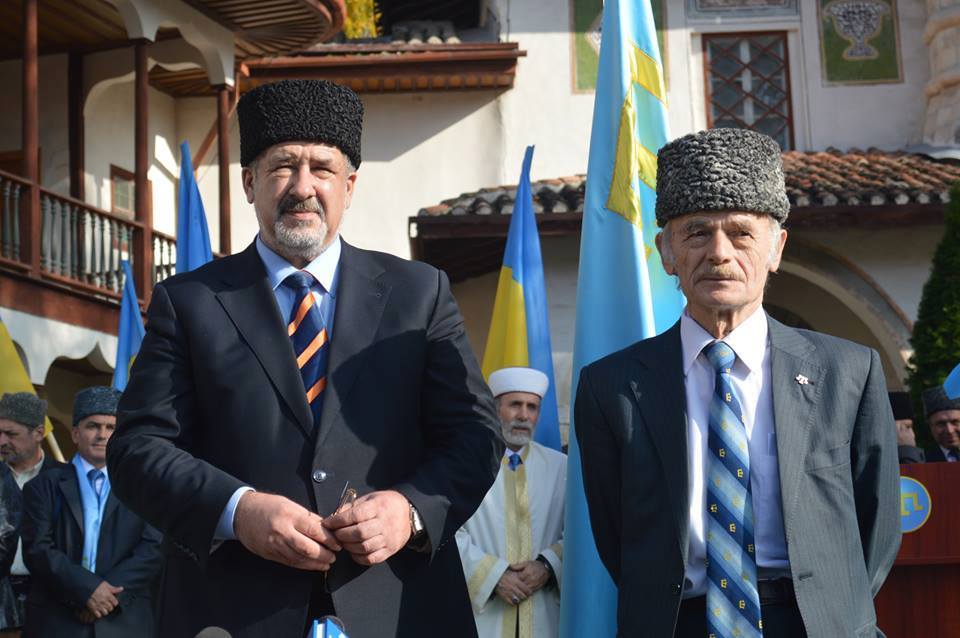
The recollections were written down in 2014.
The story of Refat Chubarov is presented within the framework of the exhibition “My Place”, organized by the Educational Centre “Space of Tolerance” and the Congress of National Communities, supported by the Royal Netherlands Embassy. The authors of the texts are Kyra Kreyderman and Uljana Ustinova. The photos are taken from the family archive.


